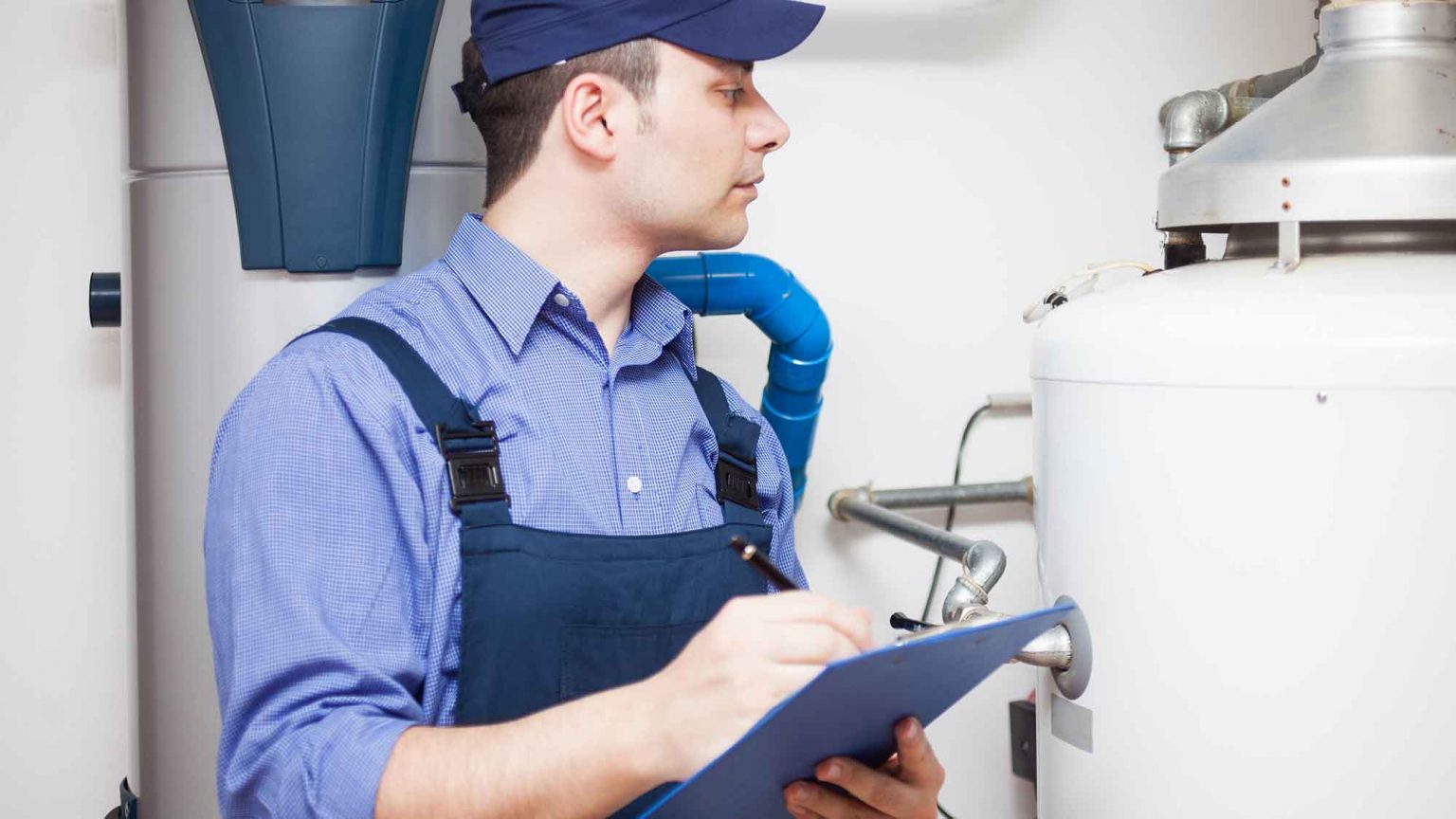In the bustling metropolis of London, where a multitude of rental properties house diverse communities, the safety of residents is a top priority. Among the crucial safety measures, obtaining a Gas Safety Certificate holds a paramount position. This article explores the importance of Gas Safety Certificates in London and how they contribute to the well-being of both landlords and tenants.
-
Legal Compliance:
The Gas Safety (Installation and Use) Regulations 1998 mandates landlords in London to conduct annual gas safety checks on all gas appliances and flues. Obtaining a Gas Safety Certificate is not merely a recommendation but a legal obligation. Compliance with these regulations is essential for landlords to avoid legal consequences and, more importantly, to ensure the safety of their tenants.
-
Protecting Against Gas-Related Hazards:
Gas appliances, if not properly maintained, can pose serious risks such as gas leaks, carbon monoxide poisoning, and even explosions. A Gas Safety Certificate provides assurance that all gas installations in the property have undergone a thorough inspection by a qualified Gas Safe registered engineer. This reduces the risk of gas-related hazards, offering peace of mind to both landlords and tenants.
-
Tenant Safety and Well-being:
Tenants have a right to live in a safe environment, and landlords have a responsibility to provide it. The Gas Safety Certificate serves as evidence that gas appliances and fittings in the property meet safety standards. It assures tenants that their well-being is a priority and that the property is regularly checked for potential hazards.
-
Risk Mitigation:
Regular gas safety checks and the issuance of Gas Safety Certificates are proactive measures that help identify and rectify potential issues before they escalate. By addressing any concerns promptly, landlords can mitigate risks and create a safer living environment for their tenants.
-
Building Trust and Reputation:
Landlords who consistently prioritize safety by obtaining Gas Safety Certificates demonstrate a commitment to responsible property management. This commitment builds trust between landlords and tenants, contributing to a positive landlord-tenant relationship. Moreover, it enhances the reputation of the landlord in the property market, attracting responsible and safety-conscious tenants.
-
Ensuring Proper Ventilation:
Gas appliances require proper ventilation to operate safely. The gas safety check includes an assessment of ventilation systems to ensure they are functioning effectively. Adequate ventilation not only promotes the efficient operation of gas appliances but also prevents the buildup of harmful gases within the property.
-
Legal Consequences of Non-Compliance:
Failing to obtain a Gas Safety Certificate can result in severe consequences for landlords, including fines and, in extreme cases, imprisonment. Landlords must recognize the importance of compliance not only for legal reasons but, more importantly, for the safety of their tenants.
-
Peace of Mind for All Parties:
Ultimately, the Gas Safety Certificate provides peace of mind for landlords, knowing they are fulfilling their legal obligations and prioritizing tenant safety. Tenants, in turn, can rest assured that their living space is regularly checked for potential gas-related hazards, creating a sense of security and well-being.
Conclusion:
In the dynamic and diverse landscape of London’s rental market, the importance of Gas Safety Certificates cannot be overstated. Beyond legal compliance, these certificates contribute to the safety, trust, and well-being of both landlords and tenants. Recognizing the vital role that gas safety plays in property management fosters a culture of responsibility and ensures that London’s rental properties remain secure and conducive to a thriving community.




